“You never realize how much junk you’ve collected until you try to move it all.” Sound familiar?
Imagine this: your lease is up, your new place is waiting, and your living room looks like a cardboard jungle. You’ve got furniture that won’t fit in your car and a fridge that definitely won’t fit in your friend’s pickup. That’s when it hits you—you need a truck.
But not just any truck. You need to rent a moving truck that’s the right size, the right price, and won’t leave you stranded on the side of the highway.
Now, we know what you’re thinking: “Is renting a truck really worth it? What’s it gonna cost me? How do I even start?”
And you’re not thinking these questions alone. Over 8 million Americans made interstate moves every year, and a huge chunk of them skipped the pricey full-service movers and went to rent a truck.
Why? Because it's flexible, affordable, and gives you total control over your move. Whether you're searching for cheap moving trucks near me or trying to figure out the moving truck rental cost, this guide will give you everything you need to know about how to rent a moving truck.
Why Rent a Moving Truck?
If hiring a full-service moving company sounds expensive, then renting a moving truck is your budget-friendly alternative. You drive. You pack. You save.
Here are some reasons why you should rent a moving truck:
You’re in Control of Your Move
No waiting on movers, no surprise delays. When you rent a moving truck, you decide when to pack, when to leave, and when to unload. It’s your schedule, your pace, your rules.
It’s Way More Affordable
Hiring a full-service moving company can cost thousands. But with a rental truck, you’re only paying for the truck, gas, and maybe a few extras. If you’re searching for cheap moving trucks near me, you’ll find plenty of wallet-friendly options.
There’s a Truck for Every Move
From small vans to 26-foot beasts, moving truck sizes are designed to fit everything from a studio apartment to a full house.
It Works for Local and Long-Distance Moves
Whether you’re moving across the street or across the country, there’s a solution for you. A local moving truck rental is perfect for short hops, while a long distance moving truck rental gives you the freedom to relocate without the stress of coordinating return trips.
You Know Where Your Stuff Is
No strangers handling your belongings. No wondering if your boxes made it. You pack it, you drive it, you unload it. Simple as that.
What is the cheapest way to rent a moving truck?
The cheapest way to rent a moving truck is to book early, move midweek (Tuesday–Thursday), and compare rates from top companies like Budget, U-Haul, and Penske. Truck Rental companies consistently offer the lowest average prices—especially for long-distance moves.
Things to Know Before Renting a Moving Truck
Before you go full DIY mode and rent a moving truck, there are a few things you really need to know. A little prep now can save you a whole lot of stress.
Not All Trucks Are Created Equal
Different companies offer different features. Some trucks come with ramps, others with hydraulic lifts. Some have built-in GPS, while others feel like driving a tank with no rearview mirror. If you're comparing the best moving truck rental companies, check what each one includes.
Size Matters
Picking the wrong size truck is one of the most common mistakes. If it is too small, then you’ll be playing Tetris with your furniture. Too big? You’ll be paying for empty space and burning more fuel. Take inventory of your stuff and check the company’s moving truck sizes guide.
Pricing Isn’t Always What It Seems
That $19.95 per day is just the base rate. You’ll also pay for mileage, fuel, insurance, and maybe even cleaning fees. If you’re trying to keep it budget-friendly, search for affordable moving trucks and compare quotes.
Insurance Is a Lifesaver
Most rental companies offer damage waivers or supplemental insurance. It’s not mandatory, but if you’re not used to driving a 20-foot truck through tight turns, it’s worth considering.
Book Early, Especially in Peak Season
Summer, weekends, and the end of the month? That’s moving madness. Trucks get snatched up fast. If you want the best rates and availability — book at least 4–6 weeks in advance.
You’ll Need the Right Documents
When you show up to pick up your truck, bring a valid driver’s license and a credit or debit card. Some companies require you to be 21 or older, and if you’re under 25, there might be extra fees.

Trying to move without breaking the bank? We’ve discussed the most affordable ways to move out of state so your wallet can take a break.
How to Choose the Right Truck Size?
Now, let’s talk about truck sizes because picking the wrong one can make your move quite challenging.
So, how do you find that sweet spot?
Start With What You’re Moving
Take a quick inventory. The more stuff you’ve got, the bigger the truck you’ll need. But don’t worry; we’ve got a cheat sheet for that.
Use This Handy Truck Size Guide
| Truck Size | Recommended For | Typical Capacity | Ideal For |
|---|---|---|---|
| 10 ft. | Studio/1-bedroom apartment | 1–2 rooms (up to 2,800 lbs) | Small furniture, boxes, no large appliances |
| 15 ft. | 1–2 bedroom apartment/home | 3–4 rooms (up to 6,000 lbs) | Couch, mattress, washer/dryer, boxes |
| 17–20 ft. | 2–3 bedroom home | 5–6 rooms (up to 7,500 lbs) | Full apartment or small house |
| 22–26 ft. | 3–5 bedroom home | 7+ rooms (up to 10,000 lbs) | Large homes, heavy furniture, appliances |
| Cargo Van | Dorms, studios, small loads | ~1,500–3,000 lbs | Boxes, small furniture, city moves |
Fun fact: According to U-Haul, their 26-foot truck can hold the contents of a 3–5 bedroom home and has a loading capacity of over 10,000 lbs.
Don’t Forget the Extras
If you’re towing a car or need a ramp for heavy items, factor that into your size decision. Some moving truck van rental options are great for tight city streets, while larger trucks are better for long hauls.
When in Doubt, Size Up
It’s usually better to have a little extra space than not enough. A half-empty truck is annoying. A truck that’s too small is a moving nightmare.
And remember, different best moving truck rental companies may have slightly different dimensions for the same “size” truck. Always check the specs before booking.

Need help picking the perfect truck size? Don’t play Tetris with your furniture—check out our truck size guide and get it right the first time.
Step-by-Step Process to Rent a Moving Truck
Renting a moving truck might sound intimidating, but it’s actually pretty straightforward once you know what to expect.
Step 1: Figure Out What You’re Moving
Before you even start browsing, take a quick inventory. Are you moving a studio apartment or a 4-bedroom house? This will help you choose the right moving truck size and avoid the dreaded “everything won’t fit” moment.
Pro tip: If you're unsure, go up one size. It's usually cheaper than making two trips.
Step 2: Compare Rental Companies
Not all rental companies are created equal. Some offer better rates for long distance moving truck rental, while others are perfect for local moving truck rental. Look for:
- Pricing (daily rate + mileage)
- Availability in your area
- Customer reviews
- Insurance options
- Truck features (like ramps or lift gates)

Still looking for the best rental company? Skip the guesswork and compare the top truck rental companies in one place.
Step 3: Choose the Right Truck Size
Use the company's size guide or our earlier table to determine the correct load size. Whether you need a full-size truck or a van, make sure it fits your stuff and your driving comfort level.
Step 4: Reserve Your Truck Early
Especially during the peak moving season (summer, weekends, and the end of the month), trucks get snatched up quickly. Book at least 4–6 weeks in advance if possible. Most companies let you reserve online.
Step 5: Gather Your Documents
You’ll need:
- A valid driver’s license
- A credit or debit card
- Proof of insurance (if using your own)
Some companies have age restrictions (usually 21 and above), and drivers under 25 may incur additional fees.
Step 6: Pick Up the Truck
On pickup day:
- Arrive on time
- Inspect the truck for damage (take photos!)
- Ask about fuel policy and return instructions
- Load up your moving supplies (dollies, blankets, straps)
Step 7: Load It Up
Put heavy stuff in first, stack boxes by weight, and secure everything with straps. If you’re using a ramp, watch your footing.
Step 8: Hit the Road
Drive carefully; these trucks are bigger than what you’re used to. Take wide turns, brake early, and avoid low-clearance areas. If you’re doing a long distance moving,plan your route and rest stops ahead of time.
Step 9: Return the Truck
Before you hand back the keys:
- Refill the gas tank to the required level
- Sweep out the cargo area
- Double-check for personal items
- Take final photos of the truck’s condition
When Is the Best Time to Book?
When Is the Best Time to Book? Book early—especially during the summer or at the end of the month, when demand spikes. For local moves, try mid-week or mid-month to score the best availability and avoid crowds.
Where to Find a Rental Truck
When you search moving trucks near me or truck rental companies near me, you’ll see the big companies pop up:
Best Moving Truck Rental Companies in the U.S.
| Company | Highlights |
|---|---|
| U-Haul | Huge fleet, many locations, wide sizes |
| Budget | Great for long-distance, often cheaper |
| Penske | Newer trucks, unlimited mileage options |
| Enterprise | Strong in moving truck van rental |
| Home Depot | Ideal for short-distance DIY hauling |
Add-Ons Worth Considering
Not everything comes with the truck. Depending on your needs, you may want to add:
- Dolly or Hand Truck
- Furniture Pads
- Tow Dolly or Car Carrier
- Moving Boxes

Not sure which movers to trust with your stuff? Don’t roll the dice— see our handpicked list of the best long distance moving companies
How Much Does a Moving Truck Rental Cost?
Renting a moving truck isn’t just about that flashy "$19.95/day" sticker you see on the side of the truck. It also comes with mileage fees, fuel, insurance, and a few sneaky extras.
Let’s discuss it all.
Base Rental Fee
This is the daily rate you pay just to have the truck in your possession. It depends on the size of the truck and the company.
| Truck Size | Average Daily Rate (Local) |
|---|---|
| Cargo Van | $19 – $25 |
| 10–12 ft. Truck | $20 – $30 |
| 15–17 ft. Truck | $30 – $50 |
| 20–22 ft. Truck | $40 – $80 |
| 24–26 ft. Truck | $60 – $130 |
A 26-ft truck from Penske or U-Haul for a long-distance move can cost you $1,500–$3,500 total.
Mileage Charges
For local moves, you’ll usually pay per mile. For long-distance (one-way) rentals, mileage is added to the flat rate.
- Local moves: $0.69 to $1.29 per mile
- One-way moves: Mileage included, but the base rate is higher
So, if you're doing a 50-mile round trip with a 15-ft truck at $0.89 per mile, that’s another $44.50 on top of your base rate.
Fuel Costs
These trucks give an average of 8–12 MPG, and you’re expected to return the truck with the same fuel level it had when you picked it up.
Suppose you’re driving 300 miles in a 15-ft truck that gets 10 MPG, and gas is $4.00 per gallon:
- 300 ÷ 10 = 30 gallons
- 30 × $4.00 = $120 in fuel
Insurance & Protection Plans
You’re not required to get insurance, but unless you’re feeling lucky, it’s a smart move.
- Damage Waiver: $10–$30/day
- Supplemental Liability: $15–$20/day
- Cargo Protection: $5–$15/day
Some credit cards or personal auto insurance might cover rentals, but double-check; most don’t cover box trucks.
Equipment Rentals
Need a dolly? Furniture pads? A ramp? These aren’t always included.
| Add-On | Average Cost |
|---|---|
| Hand Truck/Dolly | $7 – $15 |
| Furniture Pads (per dozen) | $10 – $20 |
| Appliance Dolly | $10 – $15 |
| Tow Dolly/Car Carrier | $50 – $100+ |
Late Return Fees
Return it late, and you'll pay for another full day—sometimes with a penalty. Some companies offer a 30-minute grace period, while others are more strict.
Cleaning Fees
If you return the truck with trash, dirt, or stains, a cleaning fee of $25 to $75 will be charged. So yeah, maybe sweep it out before you drop it off.
Example: Local Move (One Day, 50 Miles)
Let’s say you’re moving across town with a 15-ft truck:
- Base Rate: $39.95
- Mileage (50 miles @ $0.89): $44.50
- Fuel (5 gallons @ $4.00): $20
- Insurance: $20
- Dolly Rental: $10
- Tax & Fees: $8
Total: $142.45
Example: One-Way Move (1,000 Miles, 3 Days)
You’re moving from Chicago to Dallas with a 20-ft truck:
- Flat Rate (includes mileage): $1,200
- Fuel (100 gallons @ $4.00): $400
- Insurance (3 days): $60
- Tow Dolly: $75
- Tax & Fees: $50
Total: $1,785
Is it cheaper to rent a truck or hire movers?
Is it cheaper to rent a truck or hire movers? In most cases, renting a moving truck is cheaper than hiring professional movers—especially for local or small moves. A DIY truck rental might cost you $150–$500, while full-service movers can run $1,000–$3,000+ depending on distance and load size.
Tips for a Hassle-Free Truck Rental Experience
Renting a moving truck doesn’t have to be a headache. With a little prep and a few pro tips, you can dodge the drama and cruise through your move properly.
Double-Check the Truck Size
Don't guess; use a size guide or ask the rental company for assistance. And if you're just moving a few things, a moving van might be all you need.
Inspect the Truck Before You Drive Off
Walk around it. Take photos. Not every scratch, dent, or weird smell. You don't want to get blamed for damage you didn't cause. That “tiny ding” can turn into a “$200 charge” real quick.
Pack Smart, Load Smarter
Heavy stuff goes in first, near the cab. Stack boxes by weight and use straps to keep things from shifting. If you’re renting a dolly or furniture pads (which you should), make sure they’re in the truck before you leave.
Drive Like You’re Hauling a Dinosaur
These trucks are big, heavy, and not exactly nimble. Take wide turns, brake early, and avoid low-clearance areas.
Keep All Your Receipts
Fuel, tolls, rental agreement — keep it all. If there’s a billing issue later, you’ll be glad you did.
Use the Right Keywords When Searching
Searching for cheap moving trucks or budget truck rentals near me can help you find local deals and promo codes you might’ve missed otherwise.
Recommended Resources




















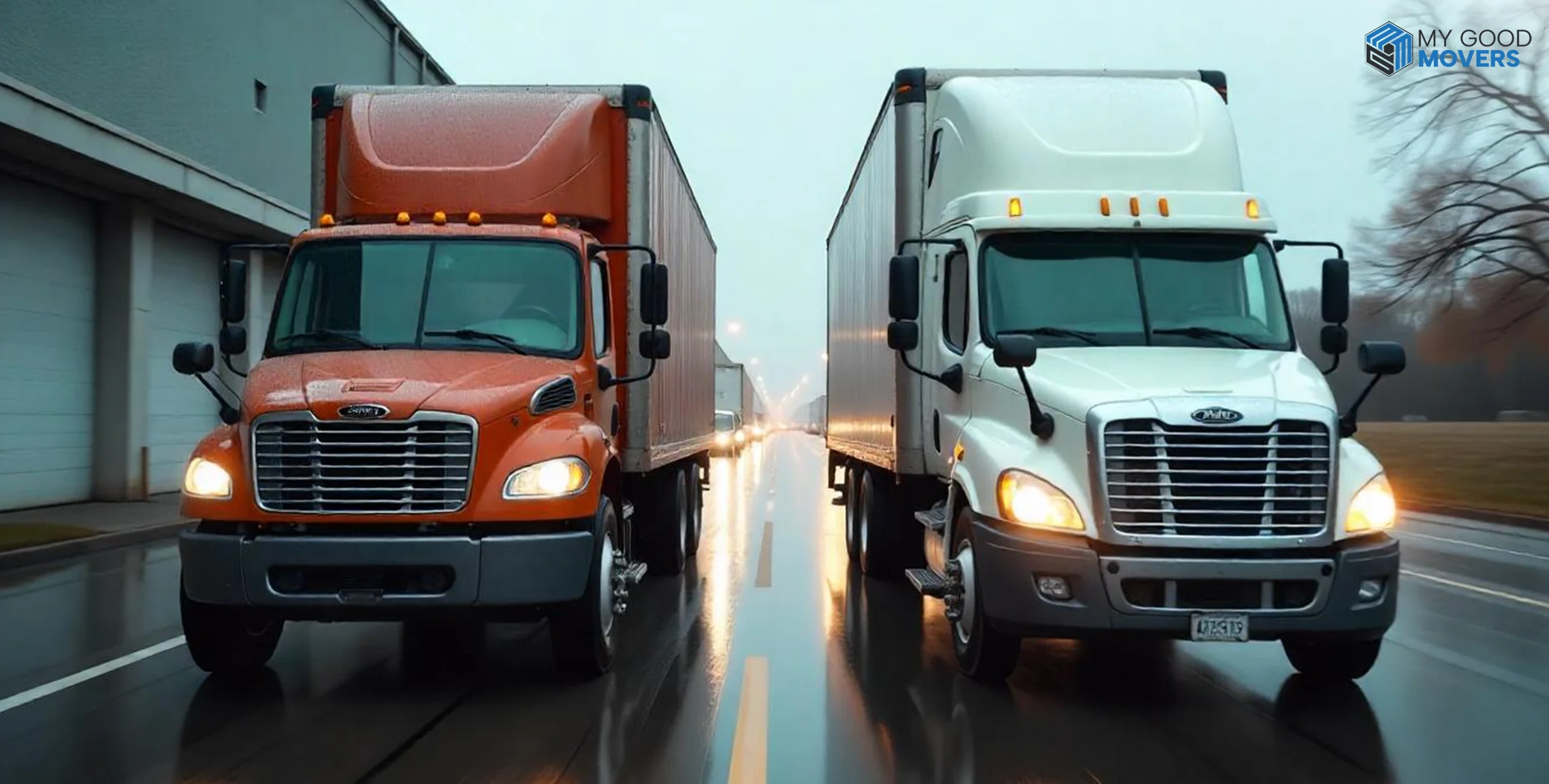



















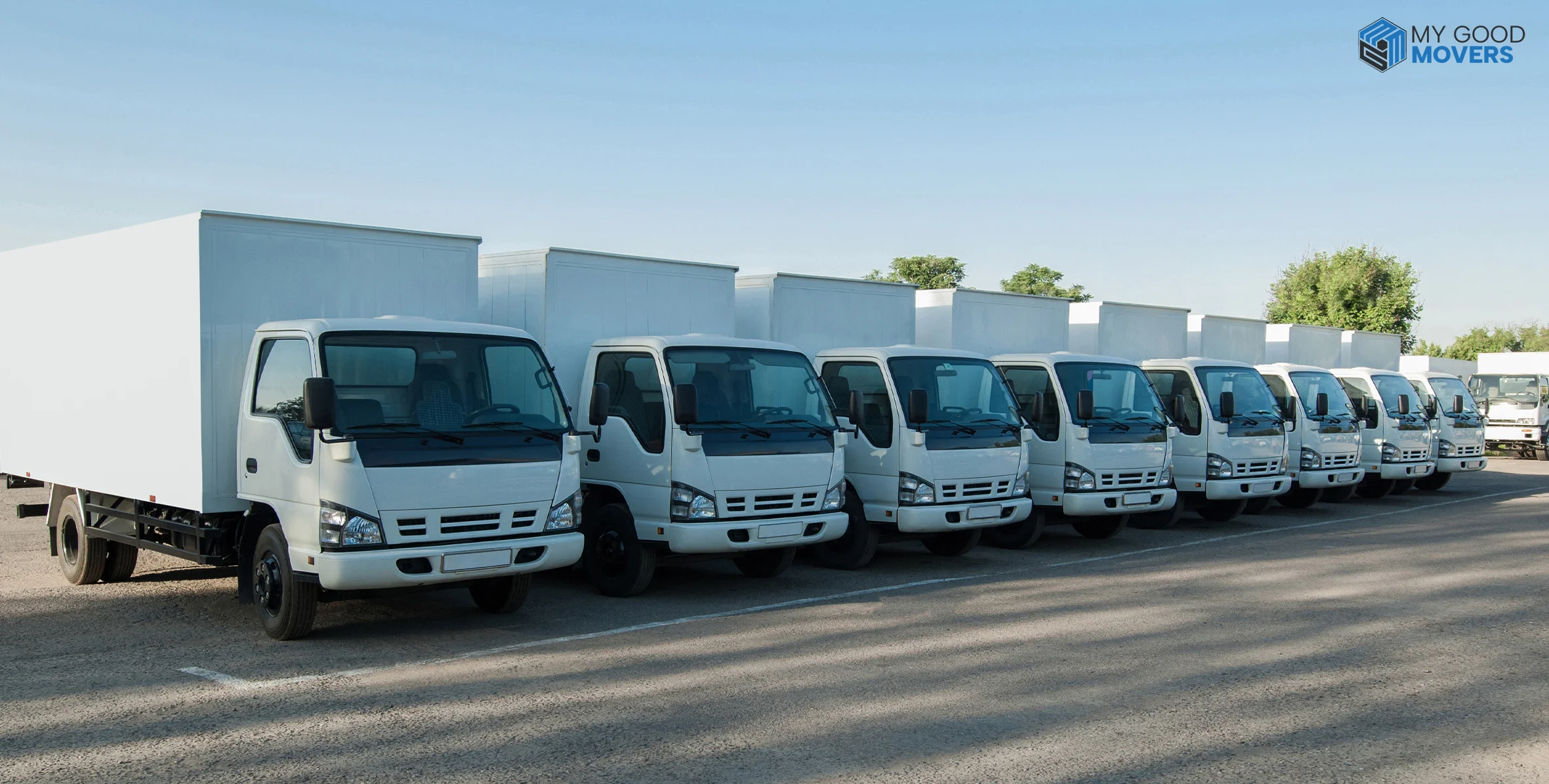













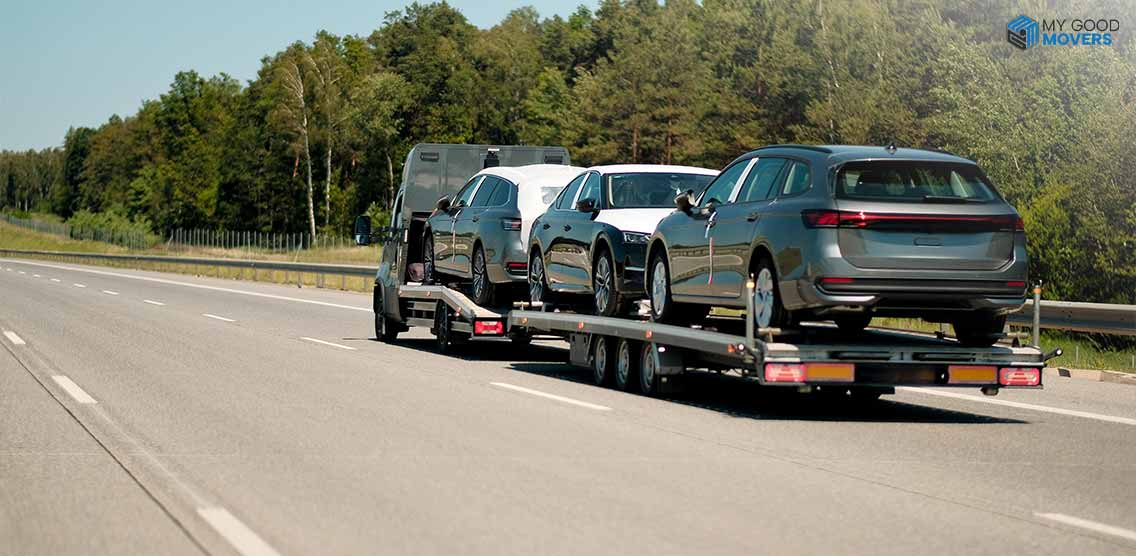
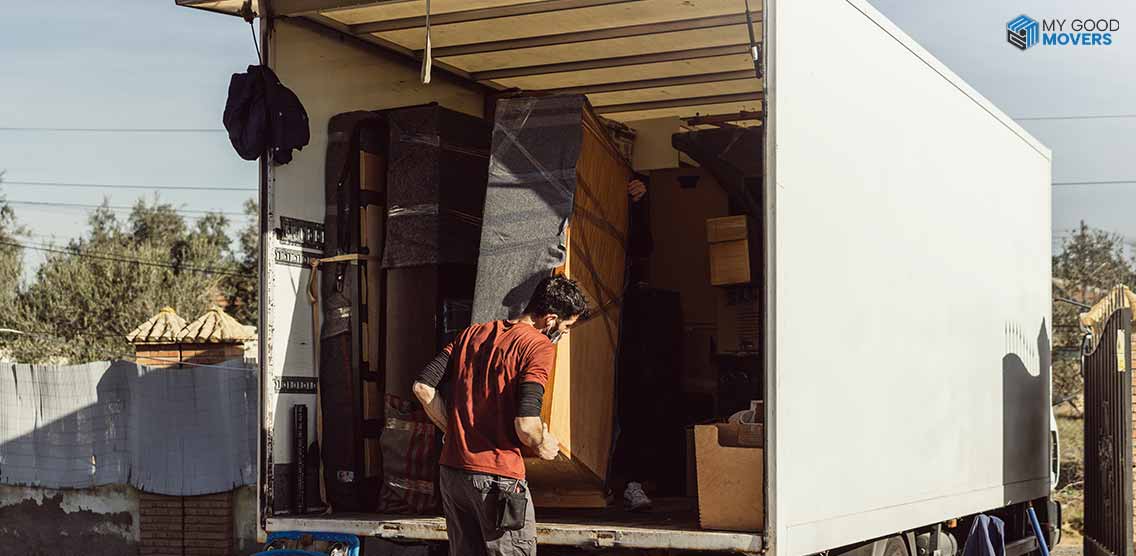




















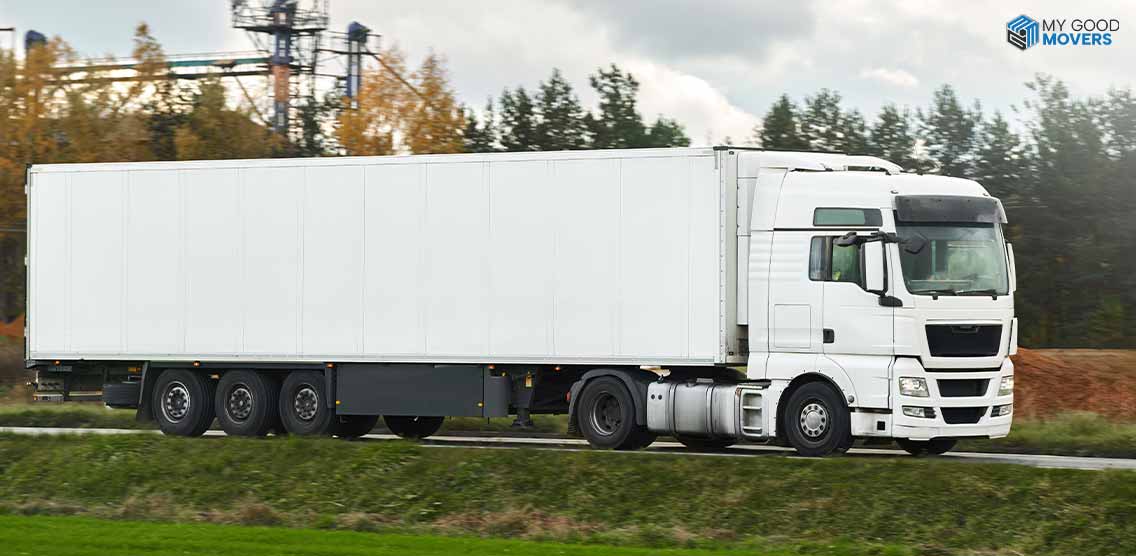







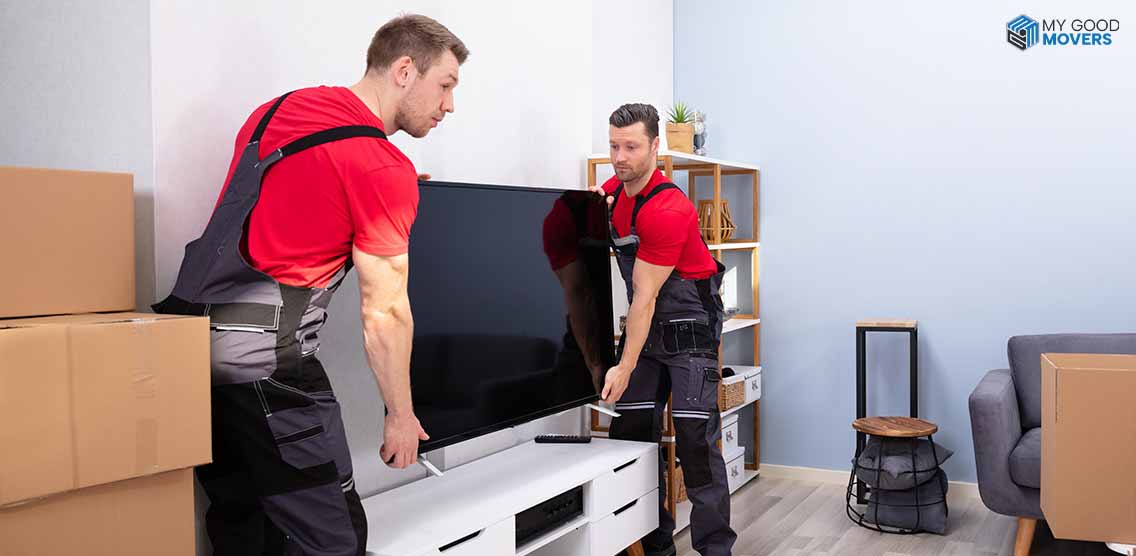






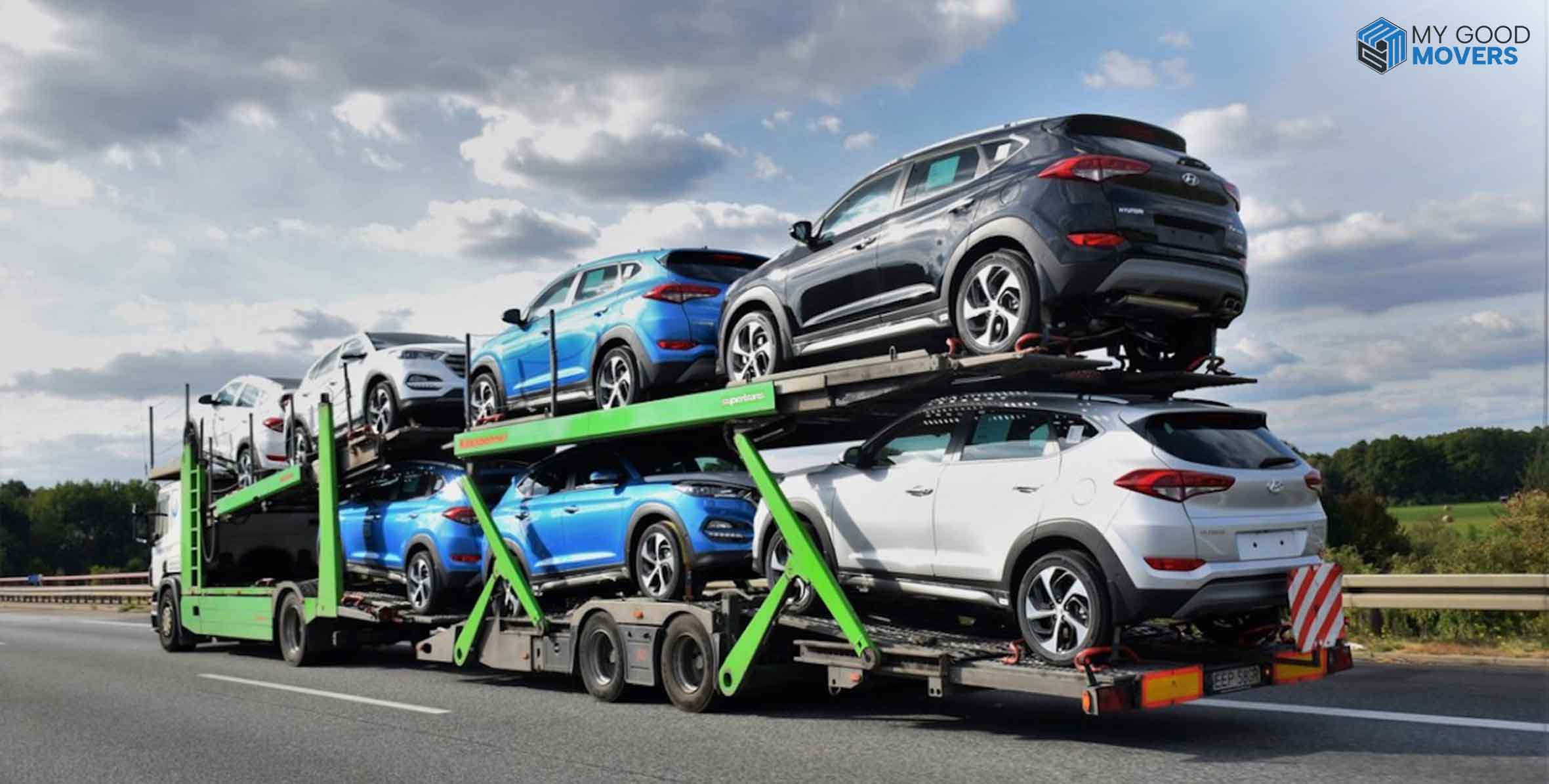




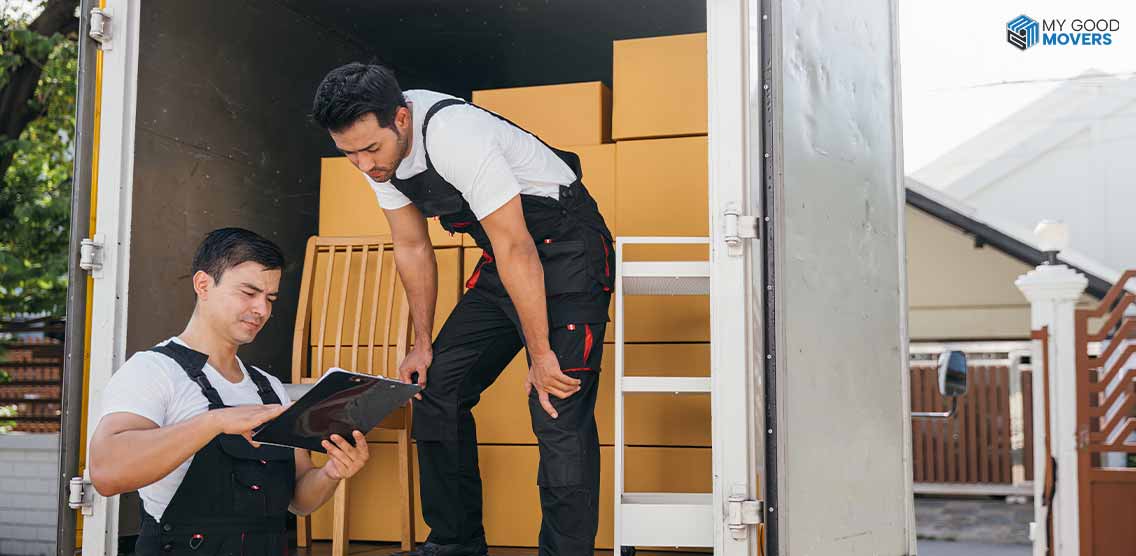

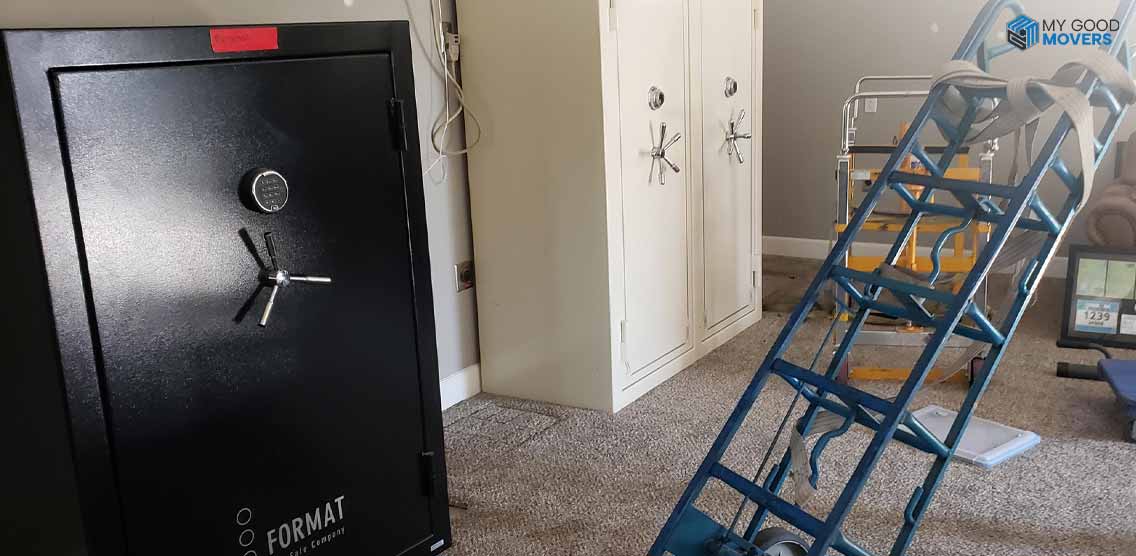










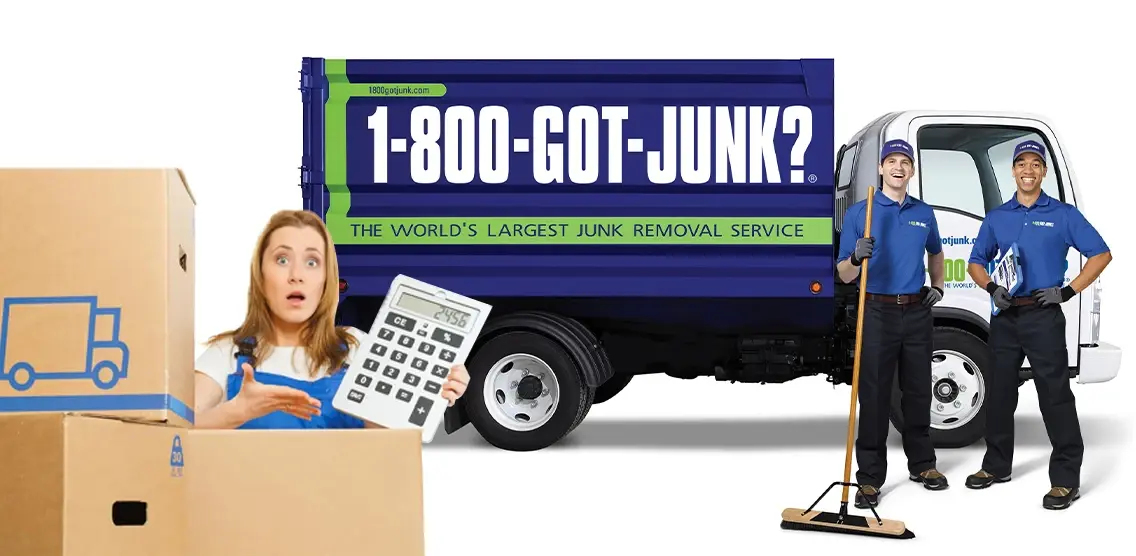
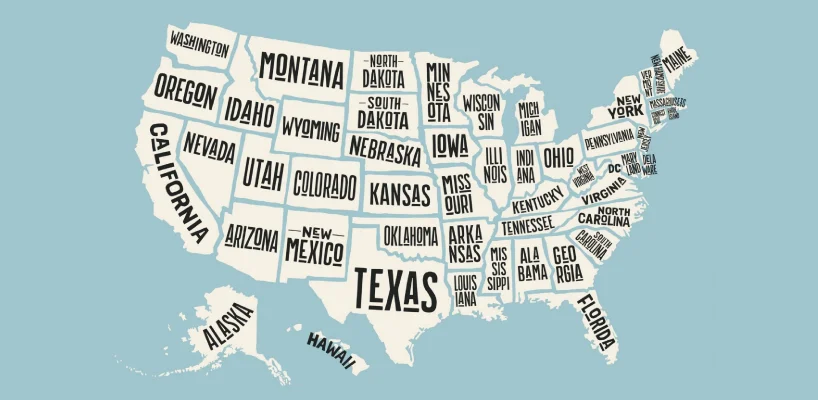





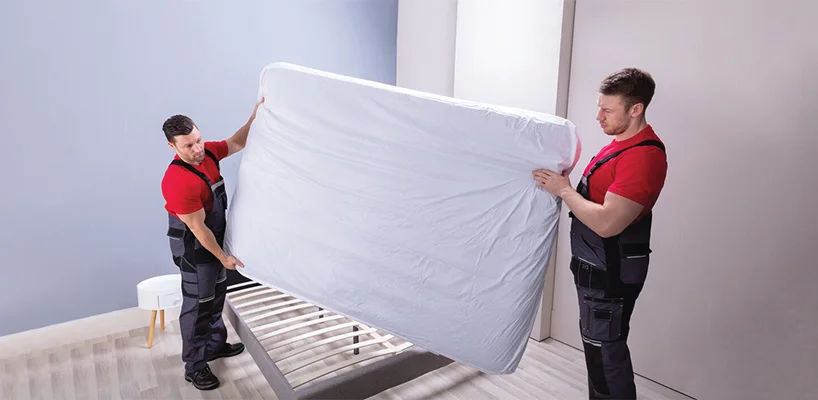
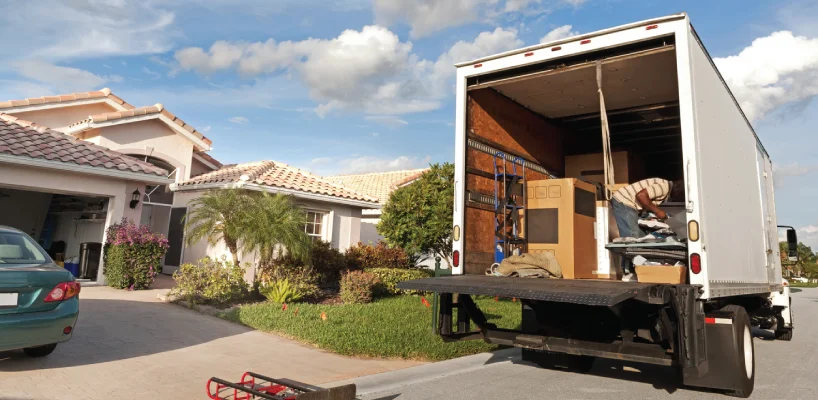




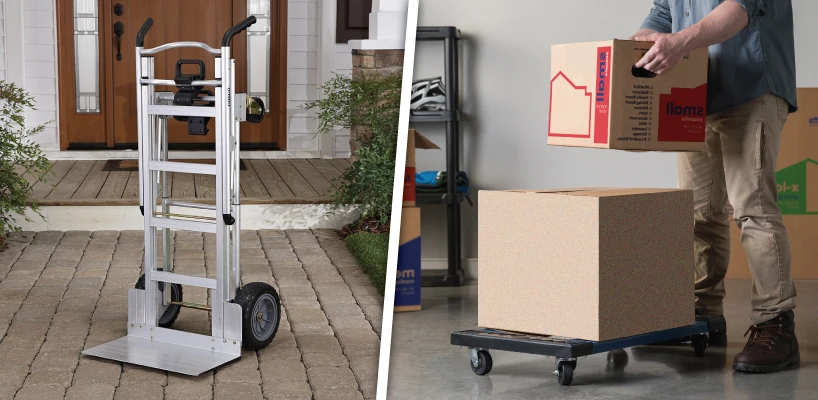
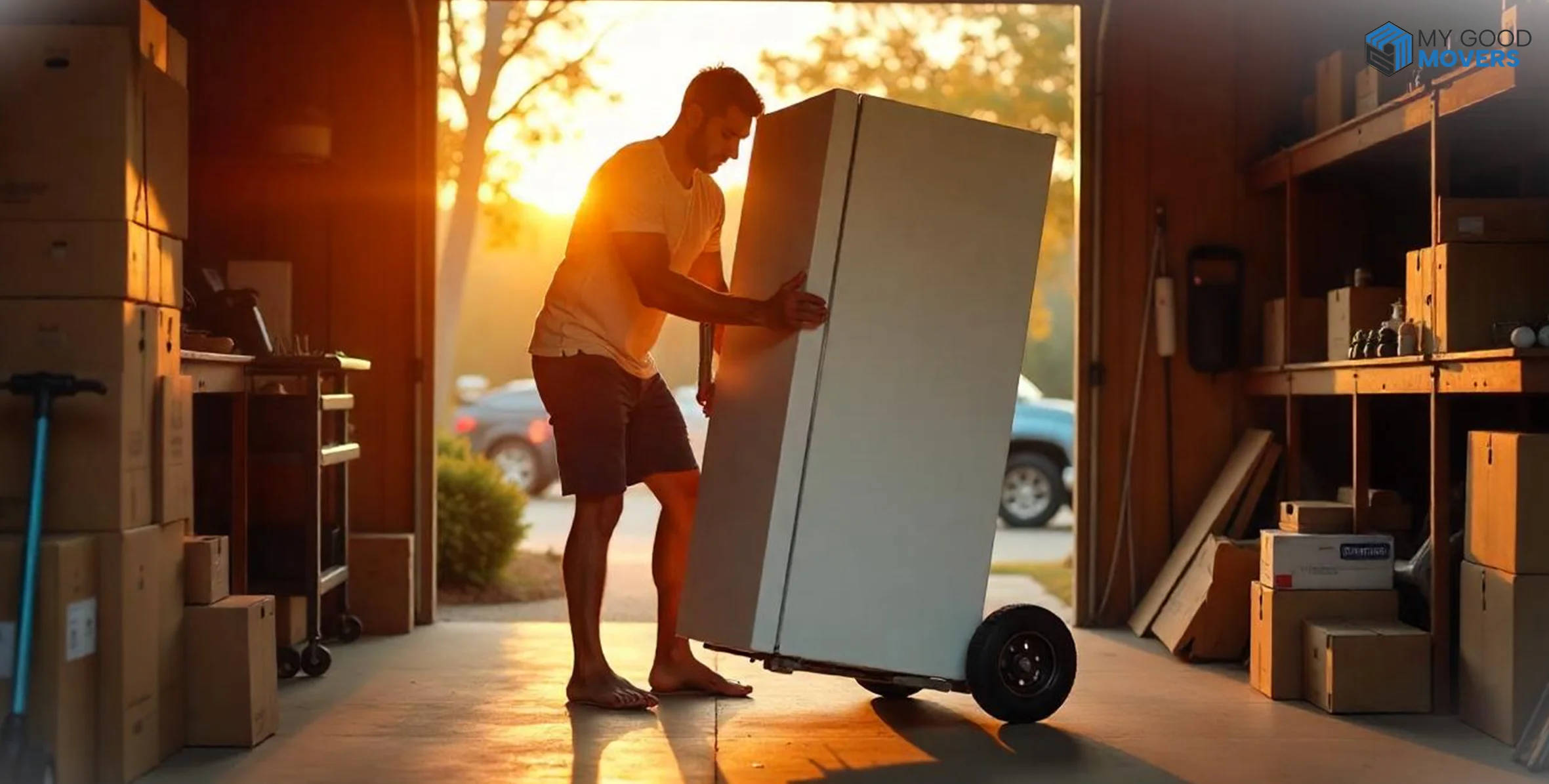



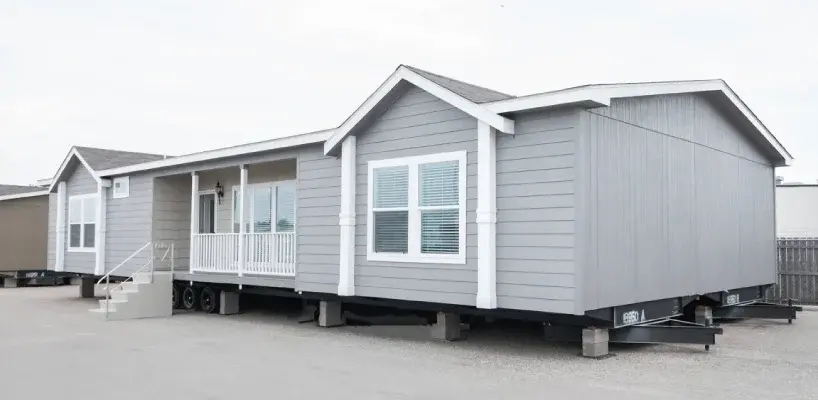


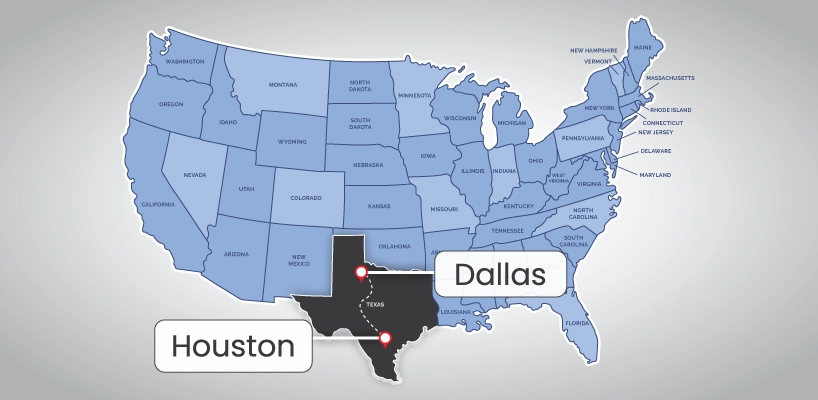


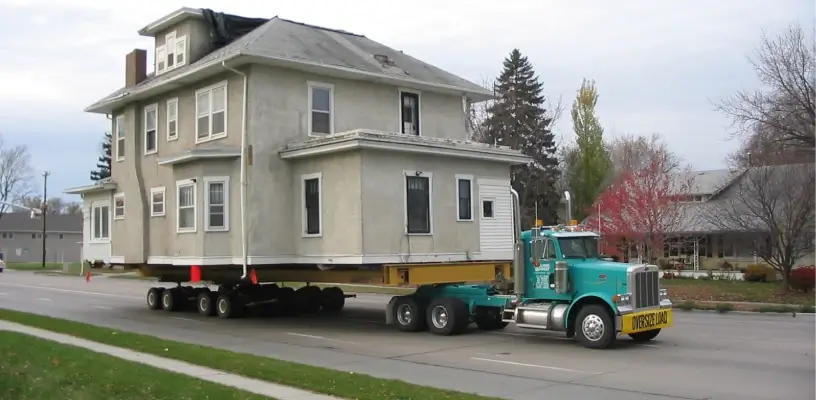
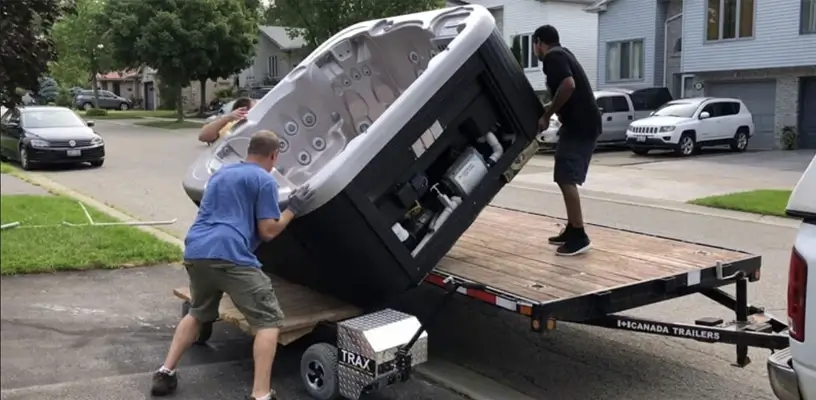






 (239) 799–6077
(239) 799–6077